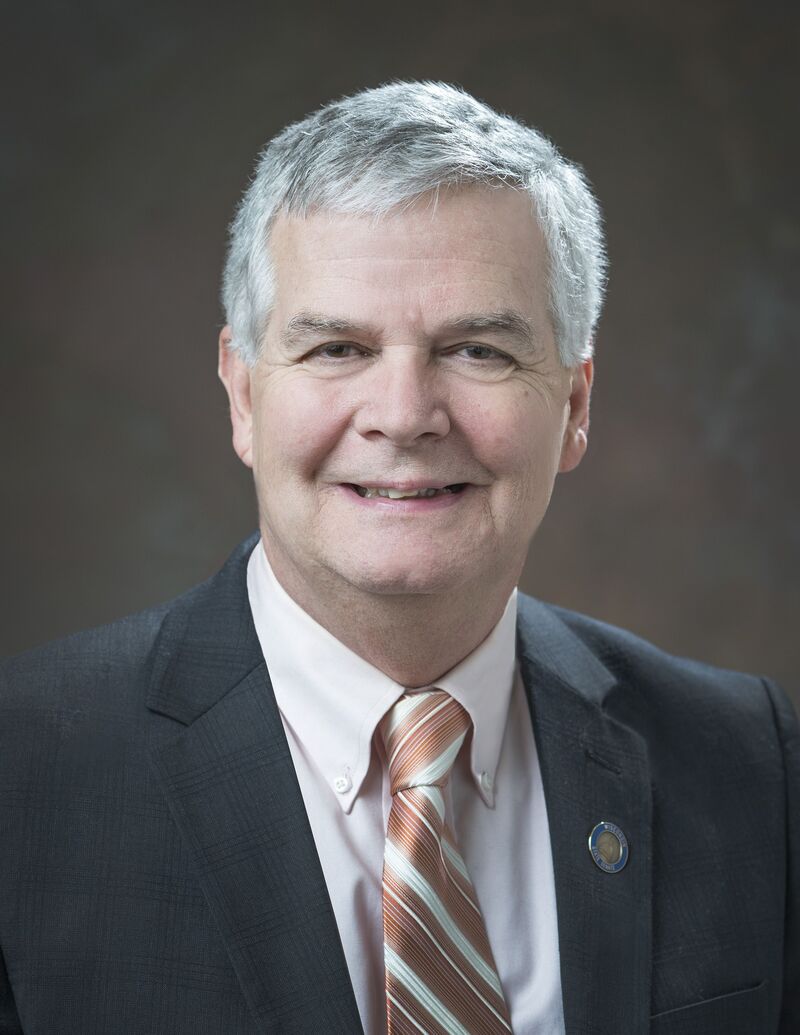October is “Financial Planning Month,” so we should all think about how we plan for our financial future, especially this week as we recognize “Save for Retirement Week” and “Get Smart about Credit Day” on Thursday.
While celebrating “International Credit Union Day” on Thursday last week at a local credit union in Melrose, I was inspired to write about the importance of protecting our personal financial future. October is a great time to think about our finances, but we should be committed to financial wellness year-round. We also need to push for progressive policies aimed at improving the lives of everyone.
The general rule for saving is to have 3 to 6 months of wages saved up for an emergency. However, for those of us who live paycheck-to-paycheck that’s easier said than done. The benefits of having an emergency fund alleviates financial stress and provides families with a little bit of breathing room to make important job decisions if laid off or while being unable to work.
Budgeting is critical – each hard-earned dollar should have a purpose. Sometimes it’s for rent or the mortgage payment and sometimes it’s for our future retirement. Tracking how much we spend on food, gas, utilities and other essential personal expenses gives us a better understanding of the value of a dollar.
Having personal savings can help us avoid predatory lenders too. Payday lenders, auto title loans and credit cards shouldn’t be part of our “emergency plan.” Students, the elderly and low-wage earners can be susceptible to predatory lenders, scams and fraud. Having a better understanding of our personal finances and creating savings is a good defense against falling prey to these lending practices.
During my time in the State Assembly back in 2009, I worked on bills to prevent payday lenders from taking advantage of consumers and introduced legislation to keep credit card companies away from students on campus. This session as Senator, I’ve signed on as a co-sponsor of SB 132 to prohibit caller-ID spoofing practices. This will prevent solicitors from deceptively masking their phone numbers when calling people to commit fraud and identity theft.
Not everyone has the income security to fall back on and the ability to set aside money for a “rainy day fund.” Wages are stagnant for most Americans, but livable wages for everyone holding a job is a good start. Neither the federal nor state minimum wage has kept up with inflation or the rapid pace of change in the world. Wage inequality is the worst we’ve seen in 5 decades. According to data from inequality.org, the top 10% earn 9 times more than the bottom 90% on average.
Bankruptcies are too high and not because families don’t plan well. The leading cause of bankruptcy is an unexpected health crisis. Health insurance, if a family can afford it, doesn’t always cover everything. Not only do health care costs affect our finances, but our ability to work is also affected with health-related problems. Too often, an unexpected health crisis can set a family back so far they never recover financially.
It’s well-documented our health system is broken and we are behind the rest of the developed world. We desperately need to convert our health care model to a national health system that doesn’t leave people behind. Even Medicare needs improvement, but Medicare for ALL could be the answer.
Each of us are stewards of our personal financial future. The unexpected should always be expected and our personal savings should reflect it. Policymakers are responsible for making an economy that works for us – decreasing health care costs, increasing living wages and curbing predatory lenders is what each of should expect from our leaders in Madison and Washington.
We all need to work together to help everyone become financially independent. We can’t forget about people who are far too often forgotten. Maybe part of our planning as society should include advocating for a system that works for everyone so nobody gets left behind. As Paul Wellstone used to say, “We all do better when we all do better.”
The 31st Senate District includes all of Buffalo and Pepin counties and portions of Trempealeau, Pierce, Dunn, Eau Claire and Jackson counties and very small portions of Chippewa and St. Croix counties.
Memberships
Steve is a member of LION Publishers , the Wisconsin Newspaper Association, the Menomonie Area Chamber of Commerce, the Online News Association, and the Local Media Consortium, and is active in Health Dunn Right.
He has been a computer guy most of his life but has published a political blog, a discussion website, and now Eye On Dunn County.



Add new comment